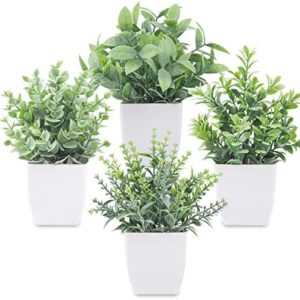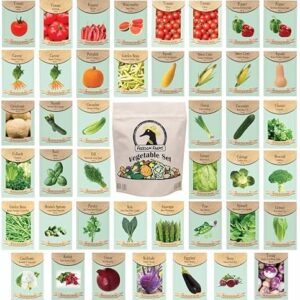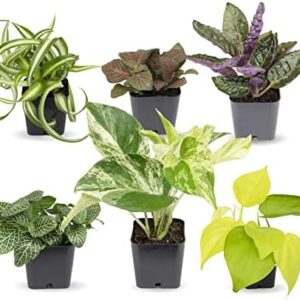Garden birds are a delight to watch and listen to, but did you know that they also play a crucial role in maintaining healthy ecosystems? These feathered friends offer a plethora of benefits to plants and insects, ultimately contributing to the overall balance and biodiversity of our natural world.
One of the most obvious ways in which garden birds benefit plants is through pollination. As birds flit from flower to flower in search of nectar, they inadvertently transfer pollen grains, aiding in the fertilization of plants. This process is essential for the reproduction of many plant species, ensuring the continuity of plant life in our gardens and beyond.
In addition to pollination, garden birds also help control insect populations. Many birds are voracious insect-eaters, feeding on pests that can damage plants and crops. By preying on insects, birds help to keep insect populations in check, preventing outbreaks that could potentially decimate plant life. This natural form of pest control is not only effective but environmentally friendly, reducing the need for harmful chemical pesticides that can harm other beneficial organisms.
Furthermore, garden birds play a critical role in seed dispersal. After feasting on fruits and berries, birds unwittingly transport seeds to new locations as they fly and excrete waste. This process helps plants to colonize new areas and expand their range, contributing to the dispersal and diversity of plant species in ecosystems.
But it’s not just plants that benefit from the presence of garden birds. Insects also play a vital role in the ecosystem, and birds help to maintain a balance in their populations. Insect-eating birds help to control insect populations, preventing outbreaks that can harm plant life and disrupt the delicate balance of the ecosystem. By feeding on insects, birds help to keep their numbers in check, ensuring that they do not overwhelm plants and cause harm.
Additionally, birds contribute to nutrient cycling by excreting waste that is rich in nutrients. This waste, known as guano, is a valuable source of nitrogen, phosphorus, and potassium that plants need to thrive. By spreading their droppings throughout the environment, birds help to fertilize the soil and promote the growth of plants, ultimately benefiting the entire ecosystem.
Garden birds also play a crucial role in maintaining biodiversity. By feeding on a variety of plants and insects, birds help to ensure that no single species becomes dominant, preserving the diversity of life in the ecosystem. This diversity is essential for the resilience of ecosystems, as it ensures that there are a variety of species that can adapt to changing conditions and maintain the stability of the ecosystem.
In addition to their ecological benefits, garden birds also provide aesthetic and emotional benefits to humans. The sight and sound of birds in the garden can bring joy and a sense of connection to nature, fostering a deeper appreciation for the world around us. Watching birds interact with plants and insects can also be educational, providing insights into the intricate relationships that exist in the natural world.
However, despite the importance of garden birds in ecosystems, their populations are facing threats from habitat loss, pollution, climate change, and other human activities. To ensure the continued survival of garden birds and their contributions to ecosystems, it is essential that we take steps to protect their habitats, provide food and water sources, and minimize our impact on the environment.
Creating bird-friendly gardens with a variety of plant species, feeders, and nesting sites can help attract and support a diverse range of bird species. Providing clean water sources, such as birdbaths or ponds, can also help birds stay hydrated and clean. Avoiding the use of chemical pesticides and herbicides in the garden can protect birds and other wildlife from harmful toxins.
Supporting conservation efforts and advocating for policies that protect bird habitats and biodiversity can also help ensure the survival of garden birds and the vital role they play in ecosystems. By working together to protect garden birds and the ecosystems they inhabit, we can help maintain the health and balance of our natural world for generations to come.
In conclusion, garden birds are not just beautiful and captivating creatures – they are essential players in the intricate web of life that sustains our planet. By pollinating plants, controlling insect populations, dispersing seeds, fertilizing soil, and maintaining biodiversity, garden birds provide a multitude of benefits to ecosystems. It is imperative that we recognize and appreciate the importance of garden birds in our natural world and take action to protect and support them for the benefit of all living organisms.






